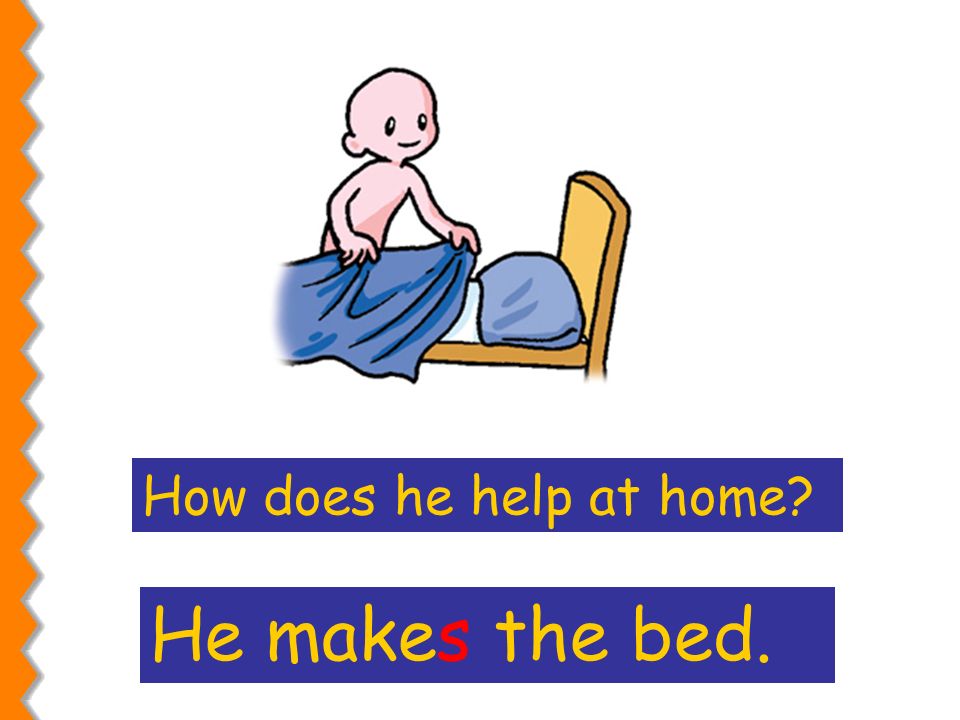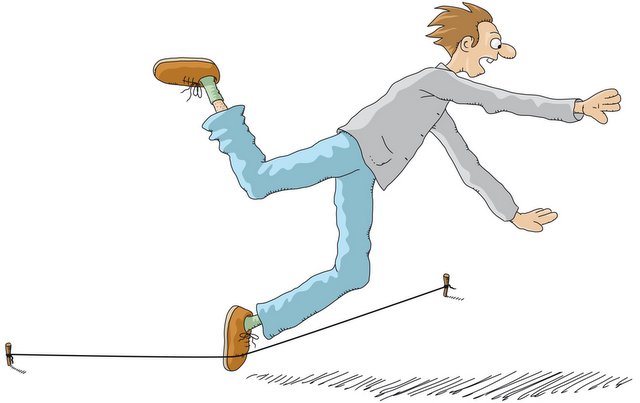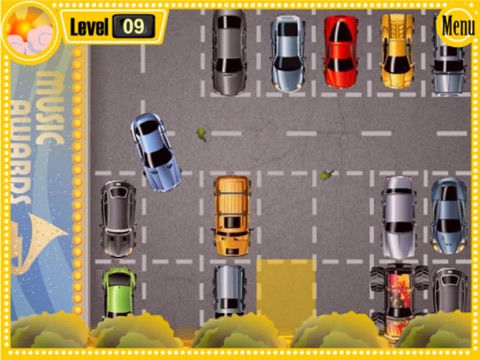Hiya!
English can be so amazing sometimes. Every day I discover new things about this fascinating language. This week I'm bringing you yet another interesting English quirk: homonyms. Homonyms are words which have the same written form, but they have different meanings and different origins. Think of the word 'watch', for instance, has two meanings:
By coincidence, the same word has two completely different meanings: a device to know the time and a verb that indicates pay attention by looking at something or someone.
Today, I won't focus on all the homonyms but rather on some especial ones. When I plurals, I always tell my students that the rules to form regular plurals are practically the same that the rules to fomr the third person singular in the present simple, as you can see in my post on plurals. For example, the word 'cooks' in English can, at the same time, be the plural of cook (that is, chefs) or the third person singular of the verb 'cook' as in 'he always cooks paella on Sundays.' Today I will focus on homonyms whose plural and third person singular are identical, but who have different origins and are different words. Let's begin:
1. Leaves
'Leaves' can be the plural form of 'leaf' as in the leaves of some trees will fall in autumn. However, 'leaves' can be the third person singular of the word 'leave' as in 'he leaves work every day at 16.00.'
2. Lives

'Lives' can be the plural form of 'life', for instance, 'cats have got nine lives'. In this case the pronunciation is [laɪvz]. However, 'lives' can be the third person singular of the verb 'live', as in 'he lives in Scotland'. In this case, the pronunciation is [lɪvz]. Amazing! 'Lives' is at the same time a homonym and a homograph (two exact words in spelling that are pronounced differently).
3. Watches
As I mentioned before, 'watches' can be objects that you put on your wrist to know the time, or simply the third person singular of the word 'watch' as in 'he watches TV every day.'
4. Flies


'Flies' can be some annoying animals that bother us during the summer, or it can be the third person singular of the verb 'fly', as in the well-known idiom: "time flies."
5. Makes


As a plural noun, 'makes' refer to the brands of cars, for instance, 'Toyota is one of my favourite makes.' However, 'makes' can also be the third person singular of the verb 'make' as can be seen in the sentence: 'he makes his bed every day.'
6. Trips

I love travelling and I love trips and as you can see, as a noun, 'trips' is similar to 'travels'. However, 'trip' can also be a verb and if someone trips, it means that person stumbles and probably falls.
7.Falls

Most of you will now fall as the third person singular of the verb 'fall', that is, what happens after you walk on the street and you accidentally trip. However, 'fall' as a noun is the American-English word for autumn.
8. Parks

Children love parks!! As you can see, parks (as a noun) are recreational places for children. However, 'park' can also be a verb related to cars. As you know, in Madrid is sometimes very difficult to park your car (to leave a vehicle in a designated area).
9. Spots

As a plural noun, 'spots' has endless meanings: spots can be similar to circles (see photo), what teenagers have in puberty (acne) or a synonym for 'advertisements'. As a verb in third person singular, it means 'to locate something by seeing', that is 'to examine something with your eyes'.
10. Arms

When used as a noun, arms are limbs of your body attached to your hands. However, when used a verb, it means to give someone weapons so that they can defend themselves.
11. Lifts
As a noun, lifts are machines that take you from a floor to another (elevators in American English). However, you can also use 'lift' as a verb in the sense of moving something from a lower to a higher position (he lifts the child).
12. Treats


Treats (as nouns) refer to food given by someone as an act of courtesy, for example, Halloween treats are very popular. 'Treat' as a verb is to behave toward someone in a way, for example, the man in the photo treats the old lady very well.
Well, as you can see English never ceases to surprise us. Plurals and third persons singular coincide in many cases! If you're interested in the topic, don't worry. I'll soon be writing another entry on homonyms.


No comments:
Post a Comment